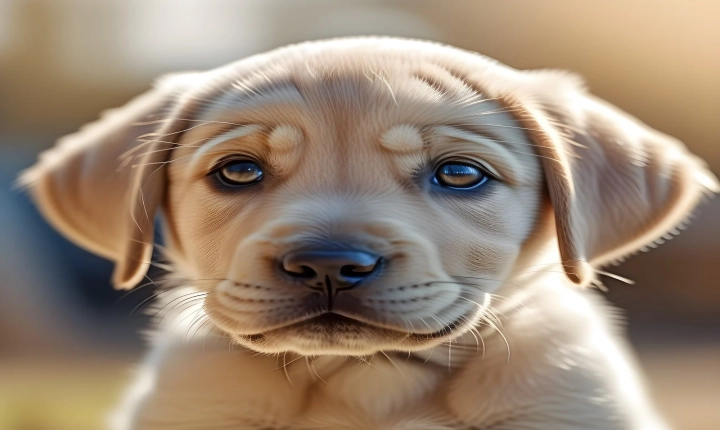AI, or artificial intelligence, has become an integral part of many aspects of our lives. From healthcare to finance to entertainment, AI has made significant advancements and continues to revolutionize the way we live and work. One of the areas where AI has made a particularly profound impact is in the realm of art. The use of AI in creating art has raised interesting ethical and religious questions, particularly in regard to its permissibility in Islam. So, is AI art halal?
Art has always been a significant part of human expression and creativity. The production and consumption of art have been guided by cultural, religious, and ethical considerations. In Islam, the production of art has been guided by principles that emphasize the beauty of creation, the use of art for positive purposes, and the avoidance of creating images that may lead to idolatry. This has led to some debates within the Islamic community about the permissibility of certain art forms, particularly those that involve the creation of images or representations of living creatures.
When it comes to AI art, the question of its permissibility in Islam becomes more complex. AI art involves the use of algorithms and machine learning to generate unique visual or auditory pieces. The involvement of technology raises questions about the intention and agency behind the creation of art. From an Islamic perspective, intention is a crucial factor in determining the permissibility of an action. The question then becomes whether the AI system itself can have intention and whether the resulting artwork can be considered an expression of human creativity.
Some scholars argue that since the AI system lacks conscious intention and is simply following programmed instructions, the resulting art can be considered permissible in Islam. They argue that the intention behind the creation of art is what ultimately determines its permissibility, and since the AI itself does not possess intention, the resulting art is not subject to the same restrictions as human-generated art.
On the other hand, some scholars express concerns about the potential implications of AI art on human creativity and the value of human effort in artistic endeavors. They argue that the use of AI in art production may diminish the role of human creativity and craftsmanship, leading to a devaluation of the artistic process.
Furthermore, the issue of representation in AI art is also a point of contention. Islamic tradition has generally discouraged the creation of images of living beings, as this has been associated with the risk of idolatry. AI art, which often involves the generation of visual images, raises questions about the permissibility of creating representations of living creatures through AI algorithms.
It is important to note that the debate around the permissibility of AI art in Islam is still ongoing, and there is no one-size-fits-all answer. The diverse perspectives within the Islamic community reflect the complexity and nuance of the issue. As AI continues to advance and its impact on art becomes more pronounced, it is crucial for Islamic scholars and thinkers to engage in thoughtful discussions and provide guidance on the permissibility of AI art within an Islamic framework.
Ultimately, whether AI art is considered halal or permissible in Islam may depend on the specific context and intention behind its creation. As with all matters pertaining to Islamic ethics, it is important to approach the issue with an open mind and a willingness to engage in sincere dialogue and reflection. By doing so, the Islamic community can navigate the intersection of AI and art in a way that upholds the values and principles of Islamic ethics while also recognizing the potential benefits and challenges that AI art presents.
